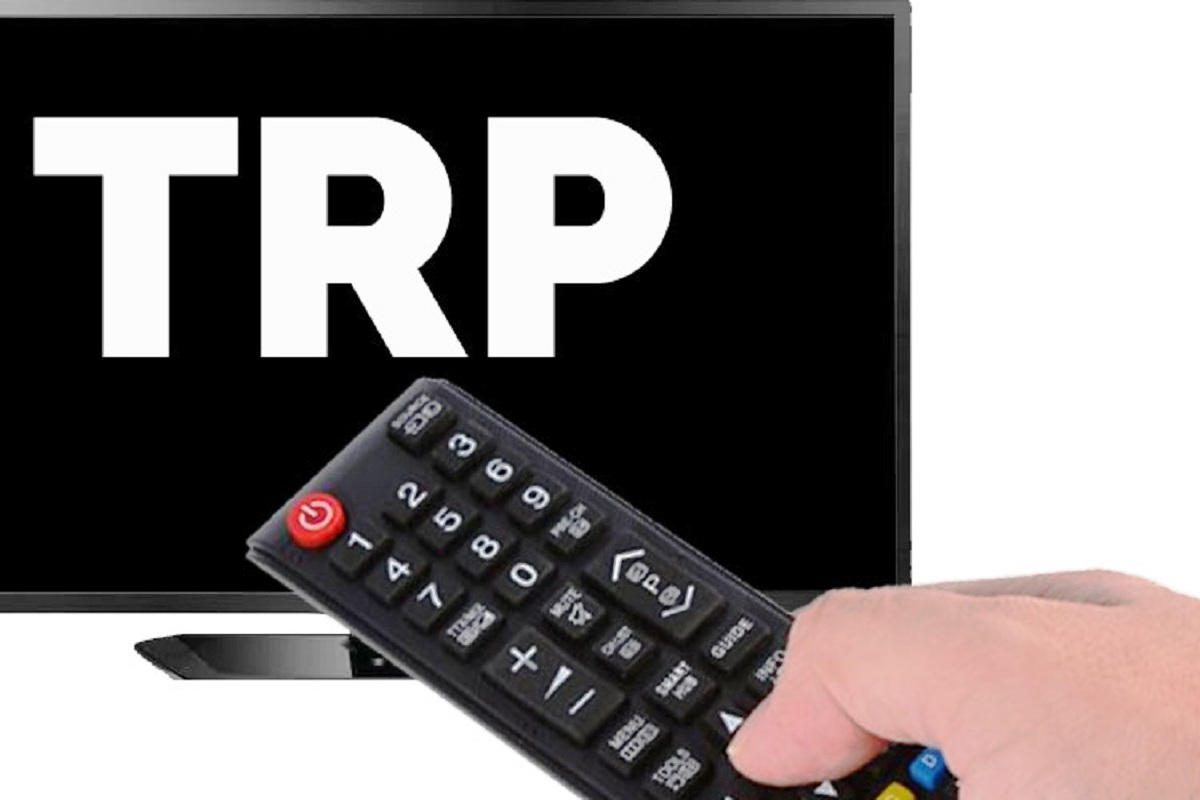The decision of some large advertisers in the country to eschew advertising on media outlets that spew hate and toxicity ought generally to be welcomed. They are entirely within their rights to hold that the moneys they spend should not underwrite such content.
This decision should serve as a wake-up call to outlets that have made it their business to garner viewers based on one-sided reportage that is often more an outpouring of the channel’s bias than a reflection of facts on the ground. Clearly the step taken by advertisers is an extreme one, but it must fairly be admitted it has not come without provocation.
Advertisement
As television channels especially and their self-regulatory mechanisms failed to put the brakes on toxic coverage, and as it emerged that the claims of reach made by channels were distorted if not manipulated, corporates appear to have rediscovered the merits of their products being advertised on outlets that at least strive for objectivity, even if they don’t always achieve it.
More important, it means that some advertisers are prepared to take the space-buying decision out of the hands of anonymous media planners who look only at numbers. Bajaj Auto, Parle and Amul have already decided to base their media choices on the quality of content and it is to be hoped that others will follow in their footsteps.
The outspoken Mr Rajiv Bajaj was the first to draw the line, telling a television channel earlier this month that Bajaj Auto would not advertise on three channels for the toxicity and hate they spewed. This position is entirely consistent with the noholds- barred approach that has won him many admirers in the country.
Amul, too, has said it does not want its products associated with “unsubstantiated news that spreads hate.” These can be effective measures and it is to be hoped that they will over time lead to both soul-searching and cleansing. After all, advertisers did compel Facebook to prohibit content that denied or distorted the Holocaust, and around the world, the pushback against toxicity in social media is beginning to have effects.
It is unfortunate though that it took advertisers ~ and not viewers ~ to call out toxic content. It is the viewer ~ or the reader in case of the printed word ~ who must take the lead in punishing such content. This can be done by complaining to the media outlet and to the regulator if that fails.
If these measures do not work, it is best to stop subscription, even if the channel is aired free, as some of the most toxic channels are. There is no place for hate in societies such as ours, which with their in-built fault lines are always prone to exploitation by the unscrupulous.











